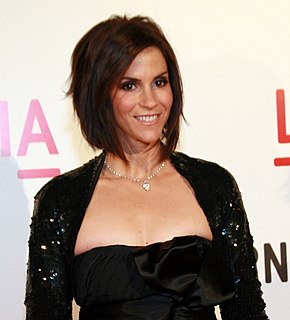A Quote by Bryan Greenberg
If you talk about your personal life to the press, you can't be mad at them when they start talking about you, because you invited them in.
Related Quotes
When you talk about your troubles, your ailments, your diseases, your hurts, you give longer life to what makes you unhappy. Talking about your grievances merely adds to those grievances. Give recognition only to what you desire. Think and talk only about the good things that add to your enjoyment of your work and life. If you don't talk about your grievances, you'll be delighted to find them disappearing quickly.
I think that the work that's left to be done - and I see the end in sight at this point - is to just let go and stop talking about it. It's definitely 'stop talking about the whole size thing.' I don't go to my girlfriend's house and say, 'Hey, I'm your big friend, let's talk about big things.' It's not a topic of conversation within my friend group - I'm ready for society, Hollywood, the press, magazines, everyone, to just catch up and say, 'These women are just like the women we've been using for so long. Let's just throw them into the mix and stop talking about it.'
If you are really spontaneous, people will think you are mad. If you go to a tree and start talking, or to a flower, people will think you are mad. If you go to a church and talk to a cross or to an image, nobody will think your are mad, they will think that you are religious. You are talking to a stone in a temple and everybody thinks you are religious because this is the authorized form.
You can talk about things indirectly, but if you want to talk how people really talk, you have to talk R-rated. I mean I've got three incredibly intelligent daughters, but when you get mad, you get mad and you talk like people talk. When a normal 17-year-old girl storms out of the house or 15-year-old boy is mad at his mom or dad, they're not talking the way people talk on TV. Unless it's cable.
It's not about composition. It's the way you feel about how your objects should relate to each other. I've got lots of African statues and things, and the cleaner arranges them like soldiers, which drives me mad. So I have to rearrange them, and I must drive her mad, because I'm doing anarchy and she's doing military manoeuvres.




































